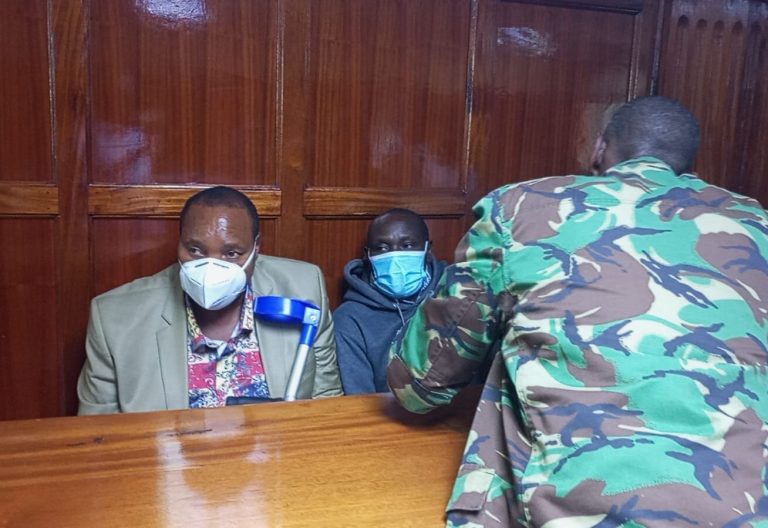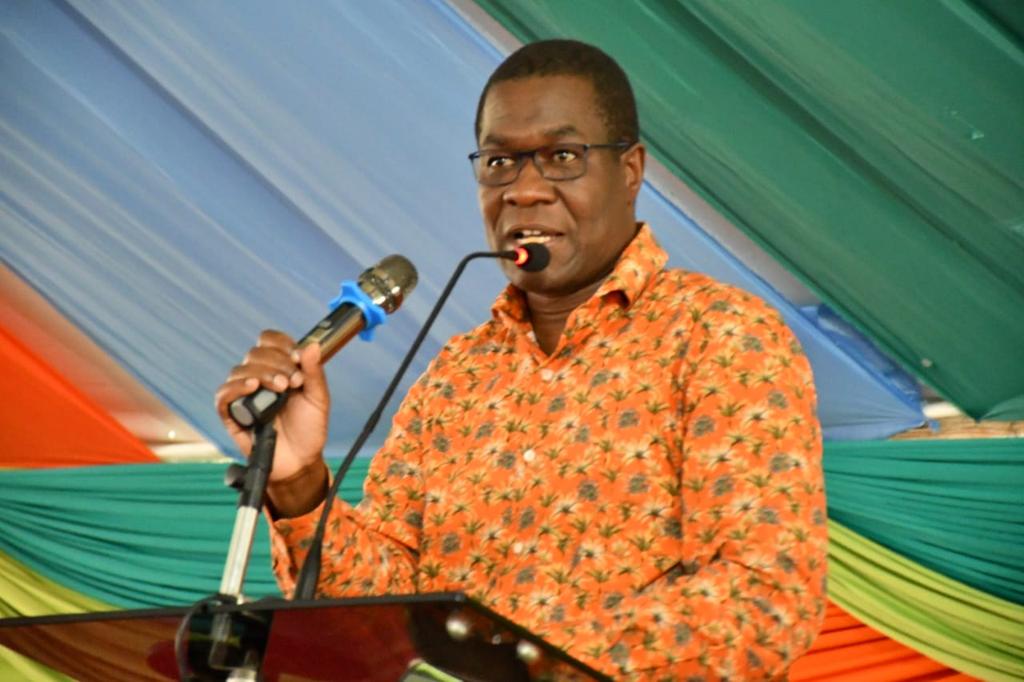High-profile graft convictions good but fight continues

Recent high-profile convictions have sparked hope in Kenya’s fight against corruption. Notable cases include former Kiambu County governor Ferdinand Waititu, a former Nyandarua governor facing procurement violations, and former Samburu County governor Moses Lenolkunal, who was convicted of embezzling Sh84.5 million in a fuel supply scandal.
These convictions appear to be a breakthrough, suggesting that even political elites are not above the law. However, a closer examination reveals that Kenya’s battle against corruption remains far from won.
Despite having strong institutions like the Ethics and Anti-Corruption Commission and the Office of the Director of Public Prosecutions, significant challenges persist. The primary issue is not a lack of laws, but their selective and inconsistent application.
Political interference continues to undermine anti-corruption efforts. Cases are frequently dropped or withdrawn based on political connections rather than evidence. When a corrupt politician is nominated for public office, investigations often mysteriously disappear. This pattern creates a system where accountability is more of an exception than a rule.
Whistle-blowers face enormous risks in exposing corruption. Inadequate witness protection means that those who come forward often face threats, intimidation, and potential violence. This environment of fear silences potential witnesses, effectively protecting corrupt officials and preventing justice from being served.
The investigation and prosecution process is painfully slow and unpredictable. Cases can drag on for years, losing momentum and public interest. Some investigations seem to receive intense scrutiny, while others are quietly shelved. This inconsistency further erodes public trust in the justice system.
Lack of public accountability mechanisms compounds the problem. When cases involving millions of stolen taxpayer money are mysteriously withdrawn, citizens have little recourse. The absence of transparent accountability breeds cynicism and reinforces the perception that corruption is an unstoppable force.
Meaningful change requires a comprehensive approach that addresses the root causes of corruption. Kenya must prioritise strengthening witness protection laws to create an environment where reporting corruption is safe and encouraged. This means implementing robust legal protections that shield whistle-blowers from retaliation and provide genuine support.
The consequences for corrupt officials must become more stringent and unavoidable. This involves implementing strict, non-negotiable penalties that go beyond mere fines. Convicted politicians should be permanently barred from holding public office, ensuring that those who abuse their position face real, lasting consequences.
Institutional reforms are crucial. The government must create more transparent and accountable mechanisms that allow citizens to track and challenge corrupt practices. This includes developing clear channels for public oversight and ensuring that investigations are conducted with full transparency.
While the convictions are certainly a step in the right direction, Kenya’s fight against corruption is far from over. The gaps in the system are too large and corruption is too entrenched. It is not just about securing convictions; it is about creating a system where corruption is no longer able to thrive in the shadows.
So while small victories are celebrated, let us keep pushing for systemic change and make sure that this battle does not end with just few high-profile convictions.
Kenya should rethink how it handles convicted corrupt politicians. Instead of giving them an option to pay a fine or serve a sentence, it needs to be straight-forward; if they are convicted, they serve a jail sentence. No more bargaining over money. It’s time for real consequences. And on top of that, once they are convicted, they should be permanently barred from running for public office. It is about time we hold leaders accountable with serious and lasting penalties.
Because, let’s face it, a victory over corruption is only as good as the laws, functioning institutions, political goodwill and public support that back it up. And until that happens, we will just keep getting headline-grabbing moments with little to show for them.
The writer is a Legal Officer with Transparency International Kenya













